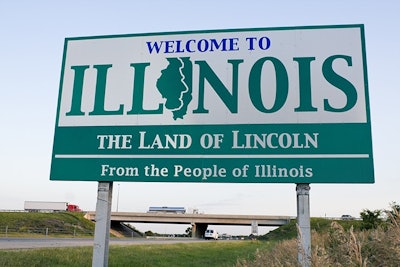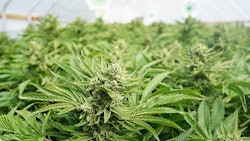
Illinois officials have released a “disproportionately impacted areas” map of regions in the state where adult-use cannabis business applicants would get preference under the law’s social equity provision.
The map, released Sept. 30, shows 683 Census tracts considered to be “disproportionately impacted” by past cannabis law enforcement, according to an Associated Press report. Adult-use cultivation and dispensary license applicants who have lived in one of these areas for five of the past 10 years or who have been arrested for certain cannabis-related offenses will get additional points on their applications due to social equity provisions written into the state’s cannabis law.
Two million people live in these areas, which have high poverty rates coupled with above average rates of arrests, conviction and incarceration for cannabis-related crimes, the Associated Press reports.
Illinois begins accepting a new round of applications for cannabis cultivation and dispensary licenses Oct. 1, according to the news outlet.






















